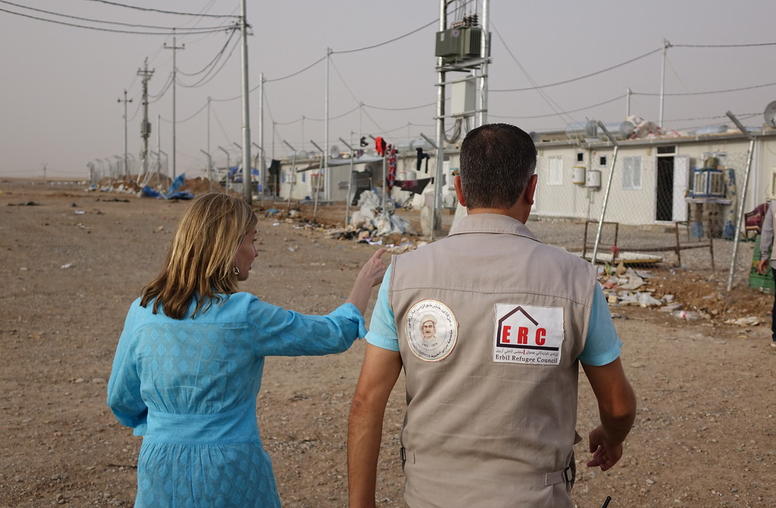The Misunderstood Roots of Burma's Rohingya Crisis - The Atlantic
“It gets to this notion of ethnicity in the Myanmar mind that I think the West doesn’t quite understand,” Derek Mitchell, who served as U.S. ambassador to Burma from 2012 to 2016, said. “We in the international community see the Rohingya as innocent people who just want to call themselves a name and who are uniquely abused for it. And, of course, it’s true they are largely innocent and uniquely abused. But to people in Myanmar, the name suggests something much more.”
